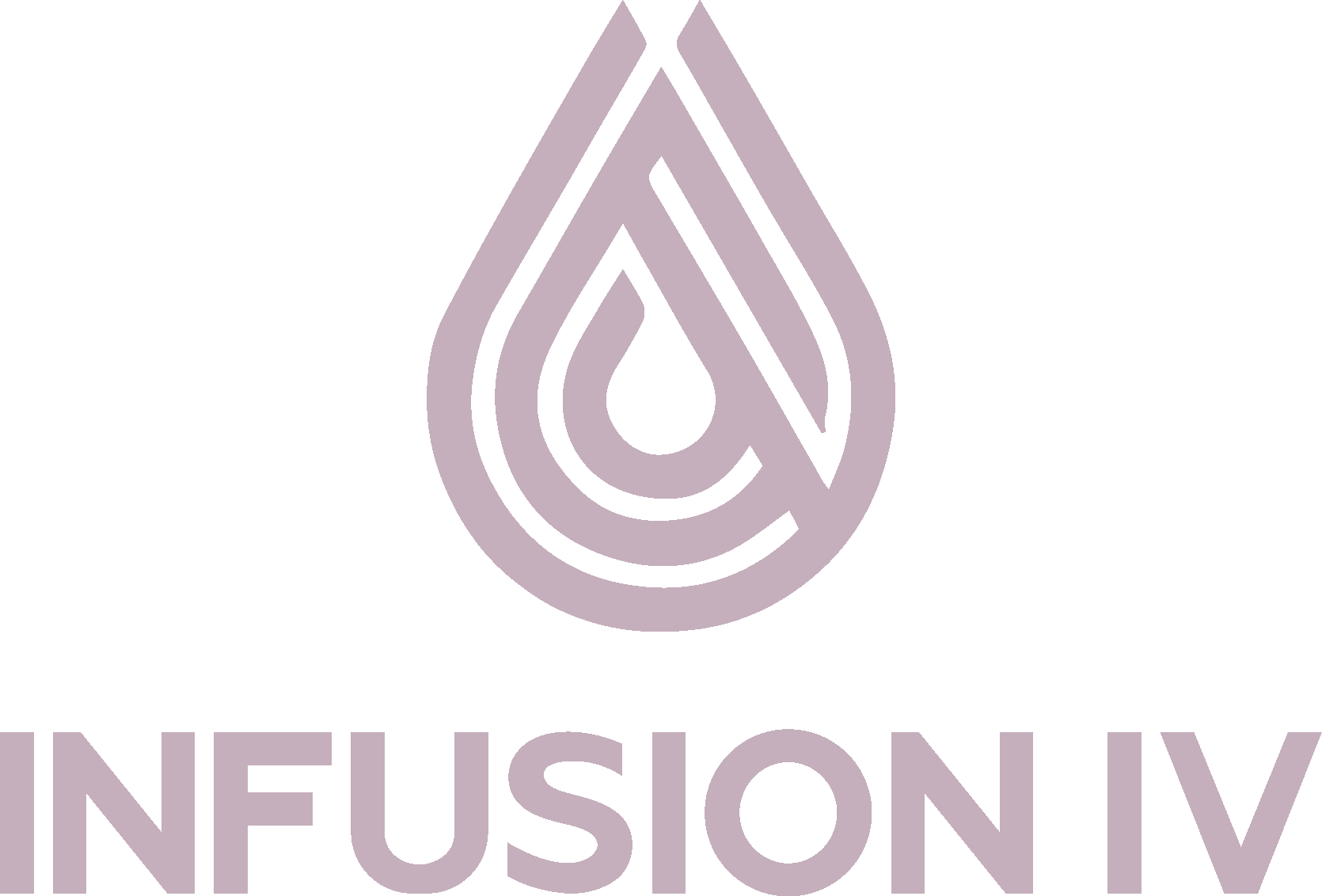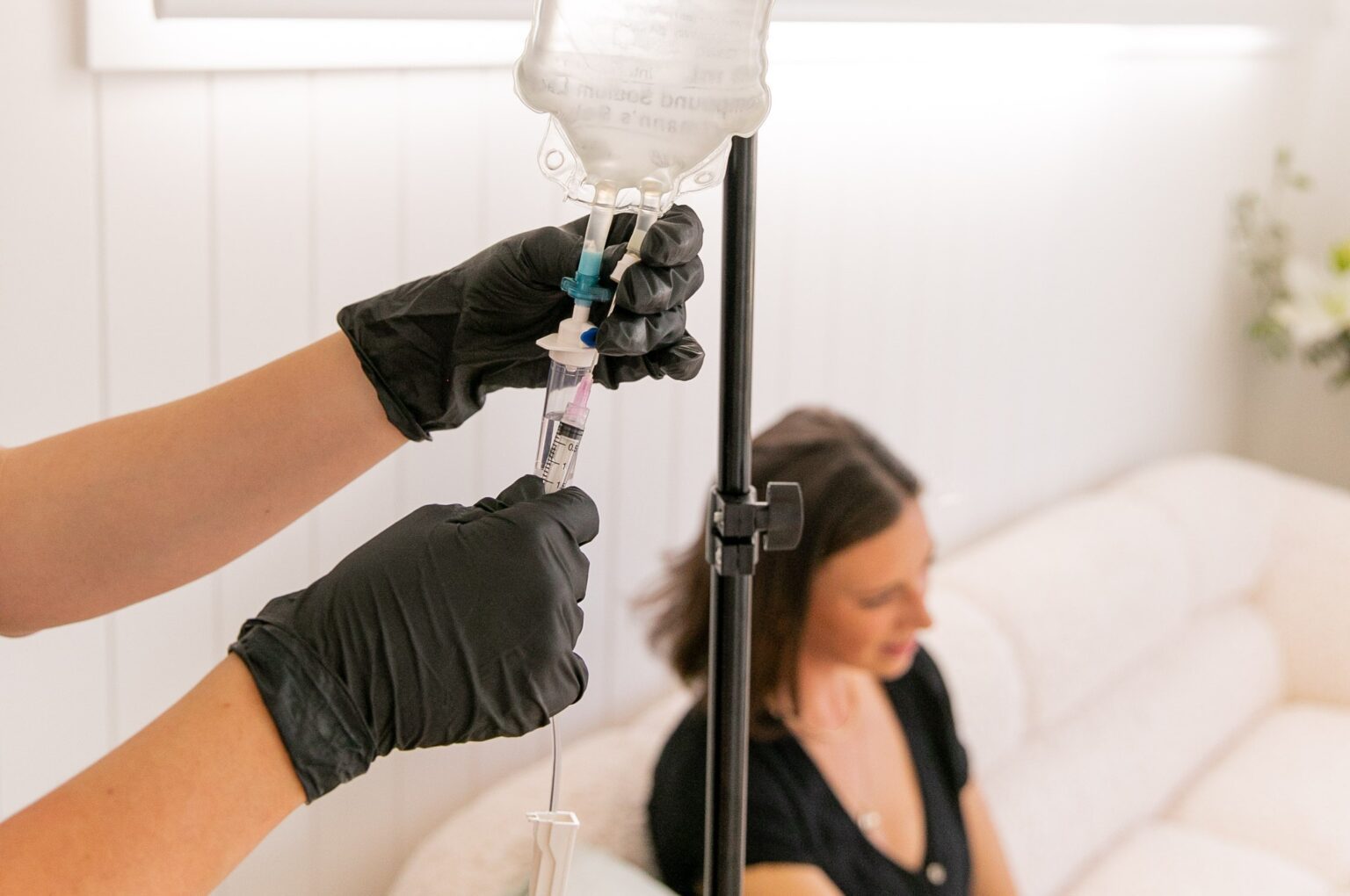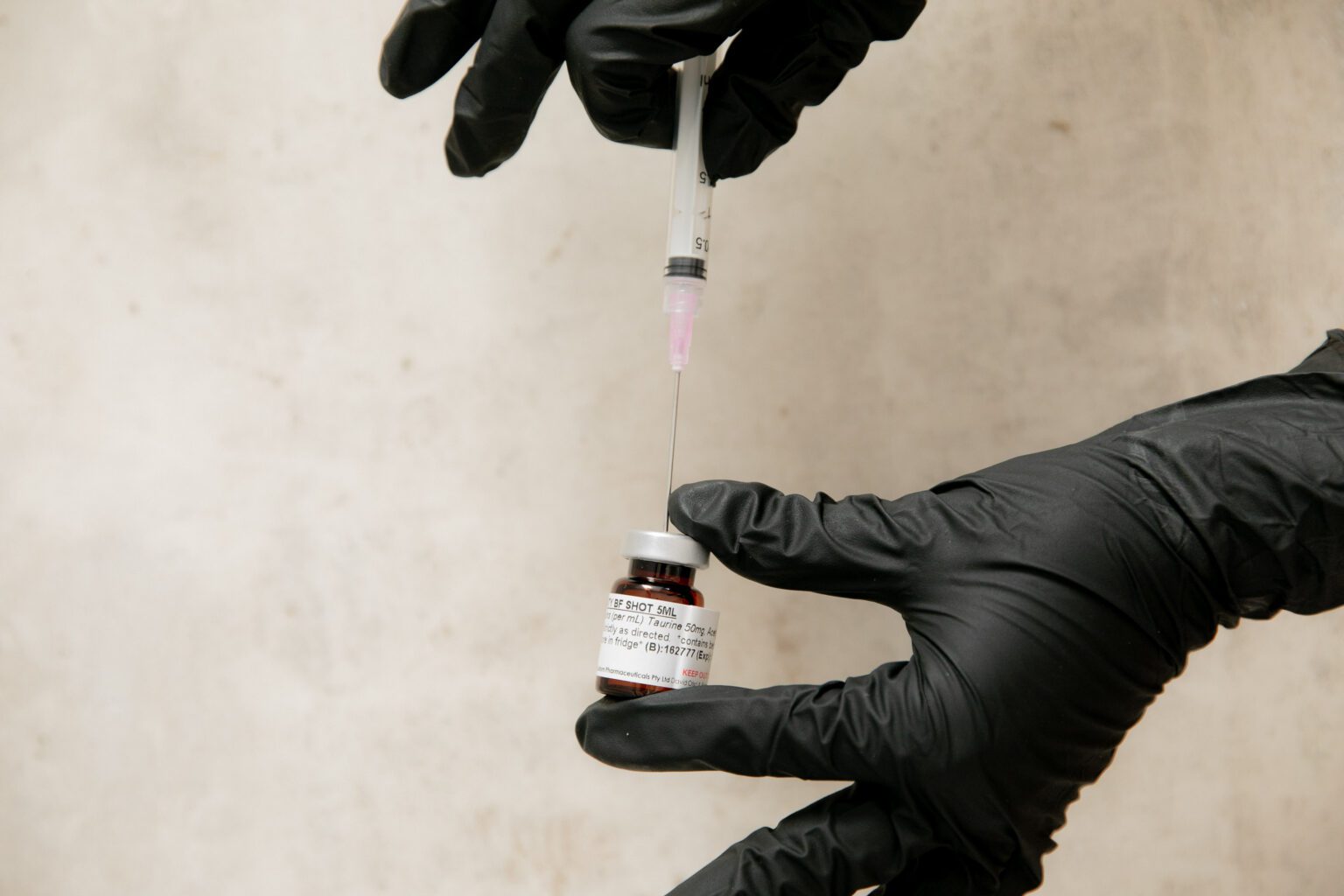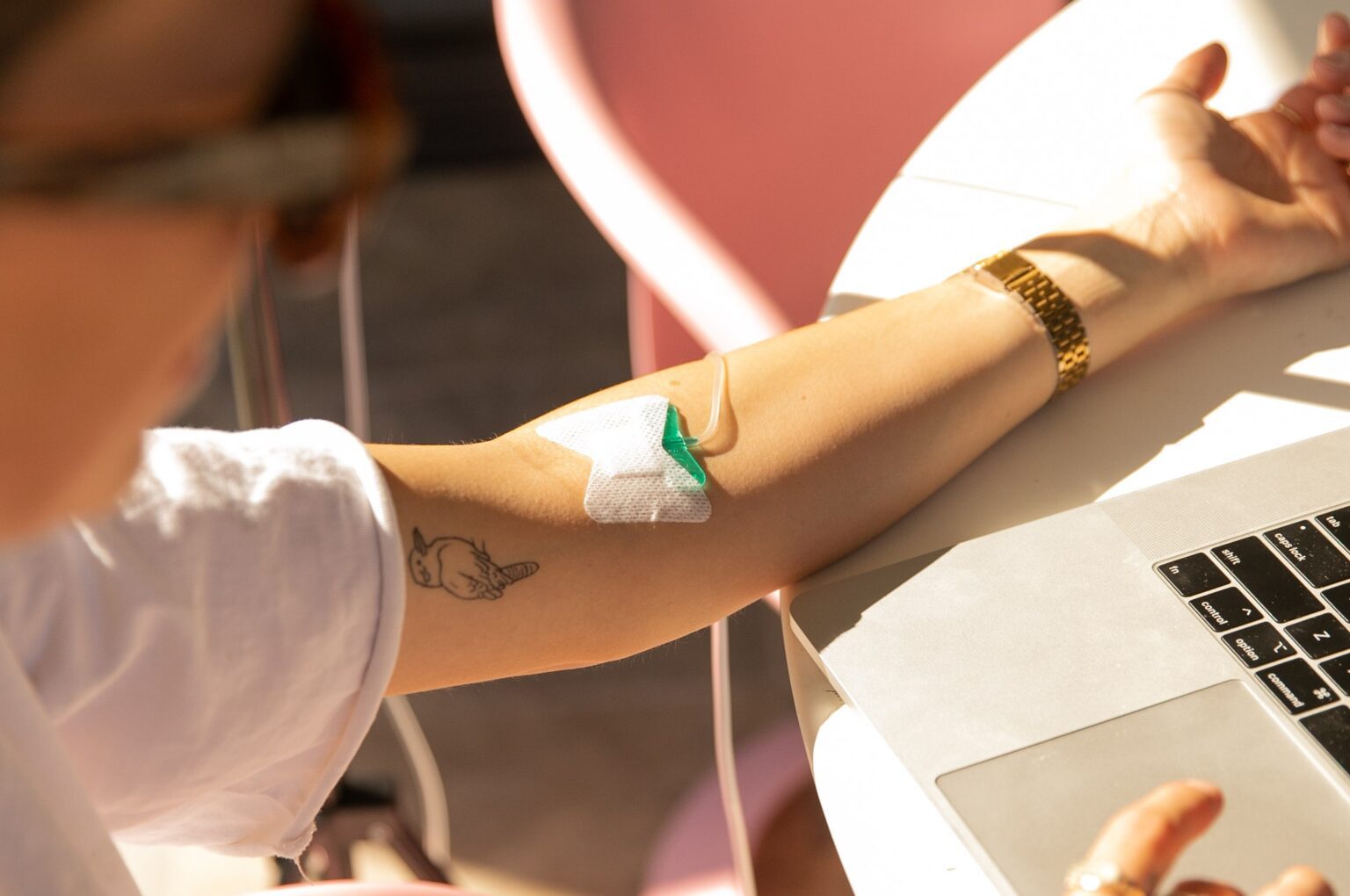Mobile Infusions Adelaide
We're a leading mobile infusion clinic with a holistic focus
Mobile Iron Infusion Adelaide
Looking For A Mobile Infusion Service in Adelaide?
Iron deficiency is a condition resulting from an insufficient amount of iron in the body, and is often indicated by common symptoms such as fatigue, shortness of breath, dizziness, pale skin and brittle nails. Our mobile iron infusion services are available in Adelaide and provide individuals and groups with the convenience of receiving treatment in the comfort of their own home or business.
No more time wasted travelling to appointments, sitting around in a waiting room for half an hour or waiting for results – you can get same-day infusion treatments with just one call.
We Provide Mobile Iron Infusion Services Throughout Adelaide
Whether you’re looking for iron infusion therapy in Adelaide at your home or office, our team is geared up to help.
Who Is At Risk Of Being Iron Deficient?
Individuals experiencing iron deficiency may be an ideal candidate for an iron infusion to restore their body’s balance. This medical procedure, administered in a clinic or hospital setting, involves intravenously supplying the patient with supplemental iron to increase ferritin levels and alleviate symptoms*.
Iron deficiency may be caused by various factors such as malnutrition, gastrointestinal bleeding, pregnancy or menstruation, among others.
Addressing this condition through treatments like iron infusions not only helps to improve overall health but also aids those seeking liberation from debilitating fatigue and weakness associated with low iron levels.
Your treating physician will be able to do your blood work and inform you if this is the right treatment for you.
Reference https://onlinelibrary.wiley.com/doi/full/10.1111/ejh.13345
Ready to get started on your Infusion IV journey?
To book an appointment, give us a call on 1300 116 887 to speak with our team.
Once you’ve booked in an appointment with us, one of our consultants will contact you to go over the details of your service. This may include recommendations for other services and pricing. Sometimes we may request that you have a blood test or medical referral before going ahead with the procedure.
Our Adelaide Iron Infusions
Our Infusions
Our mobile infusion service in Adelaide caters to those who are unable or unwilling to visit a clinic for an infusion.
This is ideal for individuals with busy schedules, as it allows them to receive appropriate medical treatment at their home or place of business.
The experienced medical staff that provide this service understand the importance of these Infusion and are qualified to provide a safe procedure for the relief of symptoms associated with deficiency*.
It also eliminates long wait times usually associated with traditional hospital visits and reduces exposure to other patients, which can be beneficial during the current pandemic situation.
A mobile infusion service delivered by registered medical professionals offers convenience without compromising on quality care and safety standards; allowing individuals access to advanced treatments wherever they may need it most.
As the leading IV drips specialist in Adelaide, we have an extensive range of vitamin therapies available from NAD+ to Myers and so much more!
Give our friendly team a call on 1300 116 887 to chat with a nurse.
Reference https://ashpublications.org/blood/article/133/1/30/6613/Iron-deficiency

Affordable Payment Plans
Same Day Appointments Available*
IN HOME AND IN OFFICE TREATMENTS
FRIENDLY AND QUALIFIED STAFF
Frequently Asked Questions
You know that feeling when you can’t seem to get enough energy, no matter what you do? Or maybe your skin looks pale and feels clammy all the time. You’re likely experiencing iron deficiency anaemia – a lack of haemoglobin in your blood caused by low levels of iron.
Don’t worry though; treating an iron deficiency with tablets, oral supplements or even an iron infusion in Adelaide is easier than it might sound.
Iron deficiencies may be caused by inadequate dietary intake, poor absorption (especially if you have coeliac disease) or excessive loss through bleeding. To treat an iron deficiency, doctors often prescribe an oral iron supplement which helps to restore lost stores as well as increase red blood cell production.
For more severe cases however, an actual injection of iron may be necessary such as an iron infusion in Adelaide at one of many specialised clinics.
Sometimes taking a supplement isn’t enough and additional treatments are required to maintain healthy levels of haemoglobin and absorb adequate amounts of essential nutrients from our food sources. The best way to naturally keep up with my growing needs for this vital mineral is to make sure I’m eating Iron rich foods like dark leafy greens, quinoa, lentils and pumpkin seeds every day – plus some Vitamin C for better absorption!
Iron absorption is the key for maintaining iron levels.
Iron can be absorbed in different ways depending on various factors, such as dietary intake and previous medical conditions.
It is important to take iron supplements or receive an intravenous injection of Ferinject when necessary due to a lack of dietary intake or existing health condition.
Iron is then released into the bloodstream via the bowel, delivering it to the liver where it accumulates until needed by other parts of the body.
Intravenous infusions are often more successful at restoring total iron stores than oral supplements since some patients may not tolerate oral iron supplement therapy very well.
Alternative methods of delivering iron include injections directly into muscle tissue which releases the iron over a longer period of time compared with an infusion.
This can reduce side effects associated with high dose administration but should only be used if tolerated by a patient and under close supervision from their physician.
Subcutaneous injections can also be given however these tend to have less reliable results due to variable bioavailability between individuals.
The rate at which iron is absorbed varies greatly between individuals and depends heavily upon nutritional status and overall state of health.
It is therefore important to monitor changes in laboratory markers such as hemoglobin and ferritin levels regularly in order to ensure that adequate amounts are being taken up from diet or supplementary sources before considering an intravenous infusion or subcutaneous injections.
From there, understanding how long does an iron infusion take will become clearer for those who need this treatment for maintain healthy iron levels.
An intravenous infusion of iron is a method of delivering iron to the body intravenously and can be administered either directly into the vein, or through an IV.
The type of iron used in this process is called ferric carboxymaltose. This form of iron has been shown to have increased bioavailability compared to oral forms of iron such as ferrous sulfate which are commonly prescribed for patients with Iron Deficiency Anemia (IDA).
The procedure itself typically takes around 30 minutes from start to finish. During this time, a patient will receive their dose at an Iron Infusion by one of our nurses and then monitored closely for any adverse reactions that may occur due to the introduction of foreign material into their intravascular space.
After receiving their dose, most people experience improvement in their symptoms within days or weeks depending on how severe their deficiency was prior to treatment.
In addition to providing relief from IDA, regular intake of iron helps replenish old cells that have died off due to lack of nutrients in order to create new healthy ones. This can also help reduce constipation and improve overall health for those who are deficient in this mineral.
Moving forward, it is important to understand who is at risk of being Iron Deficient so preventative measures can be taken before more serious deficiencies arise.
Being iron deficient is a common problem and can have serious implications to one’s health. To the relief of many, an infusion of iron can now be done in Adelaide for those who are suffering from this condition. By understanding who is at risk of being iron deficient, it may help people make decisions about their own health before any potential symptoms arise.
Firstly, anaemia caused by a lack of red blood cells due to not having enough dietary or supplemental iron is a major cause of developing an iron deficiency. Patients should consult with their GP if they feel tired more often than usual or develop other possible signs such as constipation that could suggest the possibility of needing an infusion therapy.
Another way those at risk can identify if they require oral iron therapy or even delivering iron through a vein is to check how much iron they are releasing when going to the toilet after consuming food rich in it; since too little can indicate there isn’t enough being absorbed into the body.
It’s important to take note that sometimes side effects such as constipation become more likely when taking supplements which can increase the amount of much needed minerals but also ones which aren’t beneficial like Iron.
Therefore, it goes without saying that taking preventative measures such as consulting your local GP will be necessary if you think you’re at risk of developing an iron deficiency, so that proper diagnosis and treatment options are discussed beforehand – including whether Iron Infusion would be appropriate depending on individual circumstances.
Iron infusions are commonly used to treat iron deficiency anaemia, and the procedure is widely available in Adelaide medical centres.
They involves administering intravenous solutions of ferric carboxymaltose (Ferinject) or other iron compounds directly into a patient’s veins. The dosage typically ranges from 100-1000mg of elemental iron per infusion; however, this can vary depending on individual needs.
The purpose of an iron infusion is to replenish depleted levels of transferrin, which is a protein responsible for transporting oxygen throughout our bodies via red blood cells. When there isn’t enough transferrin present in our bloodstream, it can lead to an array of symptoms such as fatigue, breathlessness and dizziness – all signs related to the lack of adequate oxygen supply.
An iron infusion helps restore normal levels of transferrin so that sufficient amounts of oxygen can be delivered around the body, thereby alleviating these symptoms associated with low blood oxygenation.
Moving forward, we will explore what is the cost of an iron infusion?
The cost can vary depending on if there are any addons or a straight up iron infusion.
Give our friendly team a call on 1300 116 887 today!
They may be administered to patients through Ferinject, which provides a fast and effective solution for increasing the iron levels. It is important to note that fatigue has many causes, so if you are experiencing this symptom it is best to consult with either your GP or specialist first before considering an infusion.
An iron IV infusion may be prescribed by healthcare professionals when there is low iron saturation and transport of oxygen in blood as Iron plays an important role in maintaining energy levels. Generally, people can receive up to three infusions within 120 days at intervals of 8-12 weeks apart.
Here are some points about receiving an Iron Infusion:
If you choose this option, make sure it is done under the supervision of a qualified healthcare professional
A full assessment must take place beforehand to ensure your safety during the procedure
Side effects from the infusion may occur but they usually subside after a few hours
It’s essential to weigh all pros and cons before having an Iron Infusion as it involves inserting needles into veins. The decision should always be made together with your doctor taking into account any other medical conditions or treatments you might have received recently.
All infusions can be tailored to your needs!
Resources
To access our educational resources & content, become a transparent member today!
Have an enquiry?
Fill out this contact form, and we’ll be in touch. Alternatively, to speak to someone right away, give us a call.








